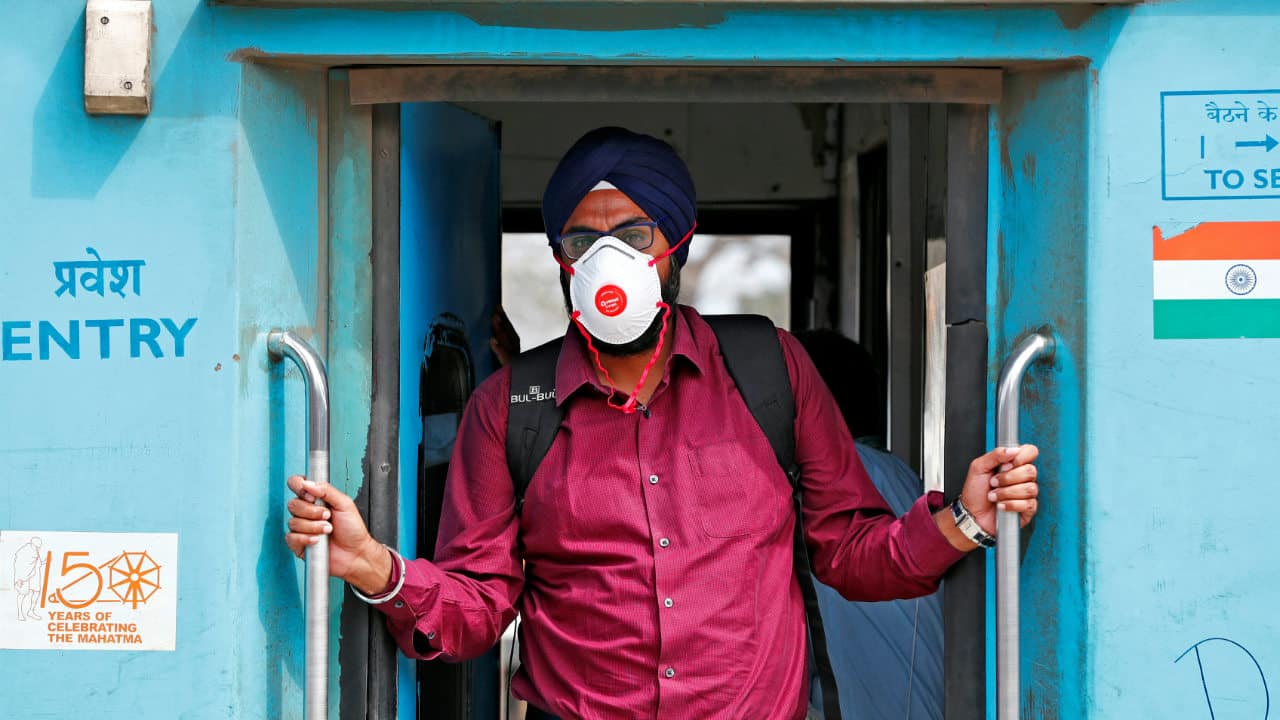In the past few months, individual lives have changed almost across the globe due to the ongoing COVID-19 pandemic.
From maintaining social distancing and adopting personal hygiene to using social media for circulating serious and authentic news about the novel coronavirus, people have started following several practices. Some of these practices will become part of life even after the pandemic ends, says Rajya Sabha leader of All India Trinamool Congress Derek O’Brien.
In an op-ed in The Indian Express, the leader of the Upper House stated the following 10 examples from everyday life that will become the “new normal”.
> Public hygiene: Spitting in public, the cause of all droplet infections, should stop. As a part of the precautions taken in order to prevent coronavirus, authorities are discouraging and warning against such practices and people are following it consciously. This is an opportunity to root out this filthy habit from India. In the coming days, public spitting should be condemned and discredited by the political, community and religious leaders.
> Work from home: Amid the coronavirus outbreak, many individuals are working from home. If it is possible to work from home in the past three weeks, then why not at other times as well? The practice will not only help individuals and families striving to improve work-life balance but also to companies in reducing their overheads.
> Daily commute patterns: After the pandemic ends, people will become more aware of useless travelling. More meetings will take place through video conferencing. The government and judiciary should also follow such innovations. Following this practice of driving less and flying less will be eco-friendly and reduce one’s carbon footprint.
> Wise use of social media: In the past few weeks, social media platforms and messengers like WhatsApp have found a purpose beyond gossip. Some of this will survive into the future.
> Telemedicine: At this time of social distancing, telemedicine has been used by urban and middle-class people, especially older people, to speak to their doctors and avoid going out. Going forward, it can be a regular practice for doctors to give time slots to patients for in-person consultations as well as video consultations.
Also read | COVID-19: 7 changes to expect in the global healthcare system
> Focus on personal health: In the coming days, personal health and enrichment will be the focus, more than a bank balance.
> Innovation: In the coming days, only the most nimble companies and individuals will survive. This means most innovative and those quickest to adopt change will gain, however those stuck in the past will become redundant.
> Social interaction: Hanging out will decline for some time to come and large gatherings will be less likely.
> Cleanliness: People are adopting cleanliness. Covering their faces, Cleaning surfaces, wiping containers, washing hands frequently, not sneezing in the open, etc, are becoming habits of individuals.
> Investment in healthcare infrastructure: Investment is bound to improve in the healthcare sector. Serious attempts are being made to ramp up healthcare capacities. For example: Fifty hospitals, two to three in each of the 22 districts of the state, have been set up and are being put to good use as part of the COVID-19 response.
All this will not end with the novel coronavirus but will serve the people in the future, as part of the COVID-19 legacy.
Follow our full coverage here.
Discover the latest Business News, Sensex, and Nifty updates. Obtain Personal Finance insights, tax queries, and expert opinions on Moneycontrol or download the Moneycontrol App to stay updated!










